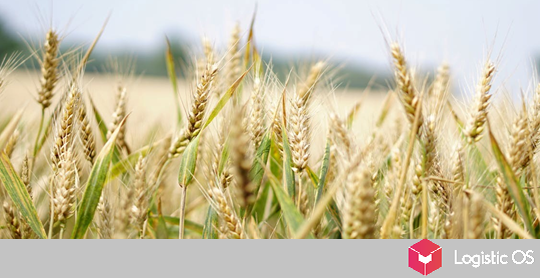The oil labeling experiment began on December 25 and will last until August 31, 2024.
It is assumed that the experiment will affect sunflower, palm, soybean and olive oils, and margarine.
Labeling of pet food and veterinary drugs will also be tested in parallel. The corresponding document was recently signed by Russian Prime Minister Mikhail Mishustin.
Manufacturers, importers and retailers will participate.
Based on the results of the experiment, it will be clear to what extent market participants are ready for the introduction of mandatory labeling of these goods and how necessary it is.
Test labeling will be carried out with connection to the “Honest Sign” system, which already covers dairy products, water and soft drinks, beer, medications, light industrial goods and many other types of goods.
All participants will be provided with both the codes themselves and the equipment free of charge.
Why is this required?
Experts suggest that labeling could solve a number of problems at once.
— The problem of selling expired goods, which often happens with oils.
At the moment the product is punched at the checkout, the device reads the code, including the expiration date of that particular bottle.
— The problem of counterfeit products.
Experts note that, for example, in the pet food market there are at least 16% of counterfeits.
Since labeling involves installing an individual mark on each unit of goods, it will become much more difficult to counterfeit. The same applies to veterinary drugs.
In general, the ongoing experiment indicates that the authorities seem to be planning to soon make labeling of all these types of goods mandatory, and there is nothing surprising here: the list of products included in the mandatory labeling system is constantly increasing.
For example, next year fish caviar should be added to it. In addition, experiments may soon begin in the field of labeling canned meat, vegetables and fruits, mushrooms and berries, fish and many other products that are widely represented on supermarket shelves.
“The introduction of mandatory product labeling will certainly require time for testing and integration into the production process, so the transition period will make it possible to launch the system in the future faster and more painlessly,” says Kirill Melnikov, marketing director of Blago Group of Companies, which produces vegetable oils.
In his opinion, mandatory labeling of consumer goods is a move in the right direction.

